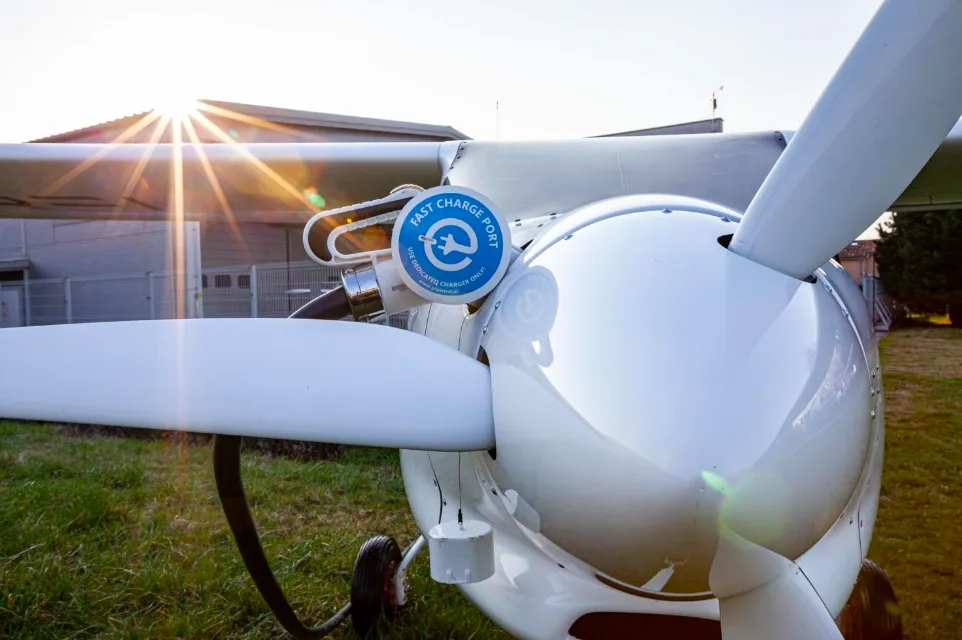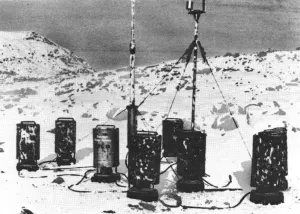
First and only certified electric plane in the world arrives in Canada
Electric planes are expected to become cheaper than conventional gas motor aircraft in the future due to renewable energy and simpler maintenance.
Canada’s first and only type certified electric plane has arrived at the Waterloo Region International Airport.
The Velis Electro, manufactured by a Slovenian company named Pipistrel, is the only type certified all-electric airplane in the world. The Waterloo Institute for Sustainable Aeronautics at the University of Waterloo and its partner, Waterloo Wellington Flight Centre, will test and research the plane in hopes of receiving certification from Transport Canada so it can be flown in this country.
“We're very safety conscious in aviation. So we need to prove that all the specifications from the manufacturer are indeed achieved in our operating conditions,” said Paul Parker, a professor at the University of Waterloo, who is specialized in energy, sustainability, and aviation.

Paul Parker with the Velis Electro in Waterloo. (Isabella O'Malley)
Although the certification process could take several months, excitement is already building among students in the aviation program.
“They love it. They might not know too much about it now, but they want this because our students want to fly, but they don't want the emissions,” Parker told The Weather Network.
See also: Flight shaming celebrity jet-setting probably won’t work. Here’s what can
Once certified, the Velis Electro can make short-distance flights, such as from Toronto to Hamilton, for example. Parker explained that the distance the plane can travel varies based on a number of factors.
“The rough numbers are: fly for an hour, charge for an hour. The more power you're using, the shorter it's going to last. If you ease back on the throttle, it will last longer. So the actual flight and time depend on how heavy your foot is,” Parker explained.

A look inside the Velis Electro. (Pipistrel)
The plane contains two batteries, one that replaced the motor in the front and one that replaced the cargo in the back. Having two batteries increases safety because if there is a problem with one, you can continue to fly with the other one. Also, you normally plan to land when there is still 30 per cent of charge remaining in the battery.
The plane cost around $300,000 (including fees for shipping) While the initial fees might seem high, Parker said that the technology would pay off in the long run.
“The cost of electricity to run this plane is very low. It's $2 or $3 for charging rather than the $100 that you're going to pay for fuel,” he explained.

Pilots inside the Velis Electro. (Pipistrel)
Maintenance is also expected to be a money-saver over time since the electric motor is simpler than a conventional gas motor.
This year the Canadian government outlined a plan for the national aviation sector to reach net zero emissions by 2050. Experts consider this to be an ambitious feat that will require significant innovation since the industry is almost entirely powered by fossil fuels.
“I think that there are multiple solutions for the aviation challenge. For short-distance flights, electric already has the capacity and will be a lower cost option for us. For the longer flights, we're going to have hybrids and alternative fuels,” said Parker.
Watch the video above to get a closer look at Canada’s first and only electric plane.
Editor's note: The original headline of this story did not clarify that this is the first "type certified" electric plane in the world.
Thumbnail image: The Velis Electro being charged. (Pipistrel)











